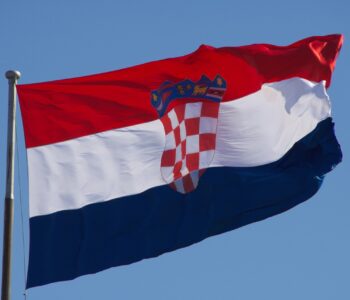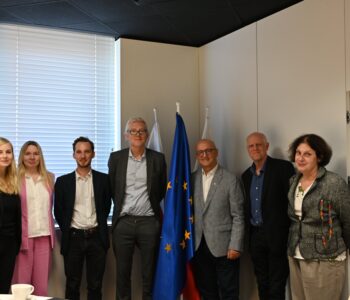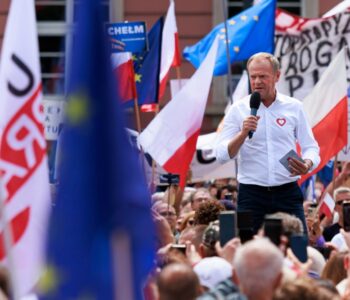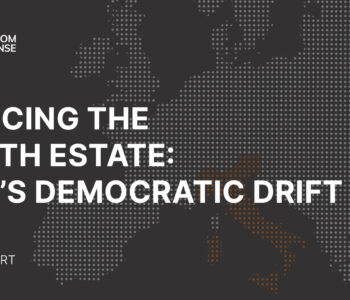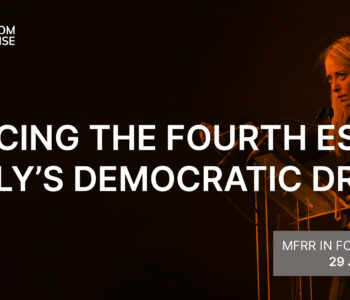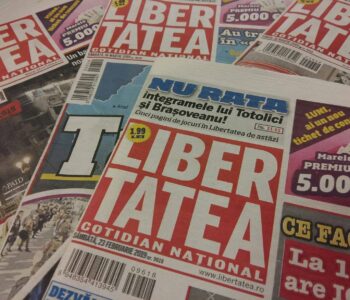The Media Freedom Rapid Response (MFRR) consortium concluded an online fact-finding mission to Croatia. Between 9 and 20 September 2024, the delegation met with the Ministry of Culture and Media, the Ministry of Justice, the Ministry of the Interior, an MP from the political party We Can!, the Agency for Electronic Media, the European Union Representation in Croatia, several associations of publishers, the Croatia Journalists’ Association (HND), the Croatian Journalists Union (TUCJ), editors-in-chief, and journalists from major media outlets as well as academics, lawyers, and civil society actors. Regrettably, the Supreme Court did not reply to our invitation while the judicial academy declined it.
Media Law reform: Concerns over process
The current reform of the Media Law has been highly criticised by civil society and public watchdogs, particularly regarding the lack of a consultative process. The previous draft of the law included contested provisions, such as allowing publishers undue influence over editorial lines and politicising the appointment process of members of the Agency for Electronic Media. A new draft is expected in autumn; however this has not yet been communicated to the HND and TUCJ. Regardless, our consortium, together with civil society organisations, HND and TUCJ stands ready to closely monitor the process to ensure its transparency and inclusivity.
SLAPPs: Ongoing concerns despite government initiatives
SLAPP cases remain a serious threat to media freedom in Croatia, with high numbers reported despite government promises to address the issue. The Ministry of Culture and Media has established a working group to tackle SLAPPs, but its effectiveness is yet to be determined. A lack of a unified methodology for registering SLAPP cases across government bodies and civil society remains a challenge. A new working group will be formed in October to draft a roadmap for the transposition of the European Anti-SLAPP instruments, and the Ministry of Justice is currently analysing the EU directive on SLAPPs to understand how the transposition may take place in the current legislative framework. However, no clear plans have been outlined for its transposition into national law or any effective measures to address domestic cases. Civil society and watchdogs continue to emphasise the need for greater judicial education on SLAPPs. Numerous cases of SLAPPS have come from the judiciary itself to silence critical reporting. Defamation remains a criminal offence in Croatia, with no plans announced for its decriminalisation despite repeated calls from local stakeholders and international free speech and press freedom organisations.
Transparency in state advertising and public broadcaster independence
Transparency in state advertising allocation to media outlets is a major concern, particularly at the local level. Many institutions fail to disclose this information, raising concerns about their influence on editorial independence. Recent calls by the far-right Homeland Movement to end funding for Novosti, the newspaper serving Croatia’s national minorities, have heightened concerns about political pressure and government rollbacks on media freedom. Additionally, the lack of independence of the public broadcaster HRT was a recurring issue raised by multiple stakeholders. These concerns are directly tied to the implementation of the European Media Freedom Act (EMFA). However, state institutions have not shared any concrete plan for its transposition with the delegation.
Agency for Electronic Media: Risks of politicisation
The current process for appointing members of the Agency for Electronic Media risks politicisation, as candidates are selected by the government and approved by parliament with a simple majority. Stakeholders have suggested that appointments should require a two-thirds majority to ensure greater independence and reduce political interference.
Safety of Journalists: Positive steps but more ambition needed
We commend the recent agreement between the Ministry of the Interior, the Croatian Journalists’ Association (HND), and the Croatian Journalists’ Trade Union, which resulted in two protocols aimed at improving the safety of journalists during public demonstrations and investigating attacks against journalists. However, further rigorous steps are necessary for the protocols to be well implemented at the local level. The protection of the private data of journalists in court cases related to attacks remains another concern.
Additionally, our discussions with stakeholders revealed that politicians, particularly when addressing corruption-related inquiries, often engage in smear campaigns against journalists, especially women. Such rhetoric undermines the role of a free press and discourages critical reporting.
Access to Information: Persistent challenges
Journalists continue to face obstacles in accessing information from the Access to Information (ATI) Commissioner, with delays and refusals being common. This hinders their ability to provide timely and accurate reporting on public interest issues.
The mission to Croatia has made clear that while some positive measures have been announced to address media freedom concerns, significant challenges remain. Civil society, journalists’ associations, and international watchdogs will continue to monitor these issues closely and urge the Croatian government to prioritise media freedom as a cornerstone of democracy.
The Media Freedom Rapid Response (MFRR) will publish a comprehensive report on its findings in the coming months. We extend our sincere thanks to all the interlocutors who took the time to meet with us and share their insights. The mission was led by ARTICLE 19 Europe, co-led by the European Federation of Journalists (EFJ), and joined by partners from the European Centre for Press and Media Freedom (ECPMF), the International Press Institute (IPI), Free Press Unlimited (FPU), and Osservatorio Balcani Caucaso Transeuropa (OBCT).
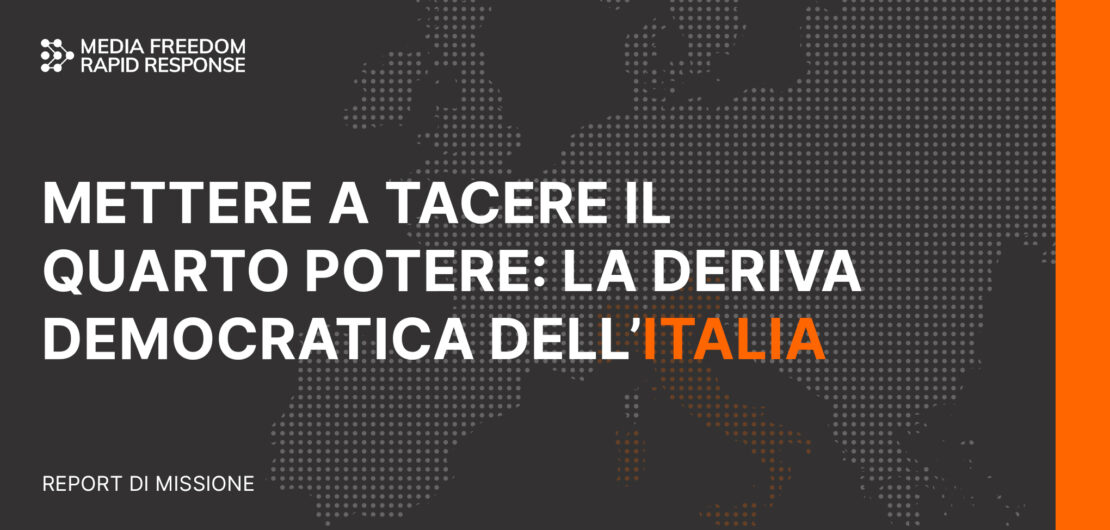 Library
Library

